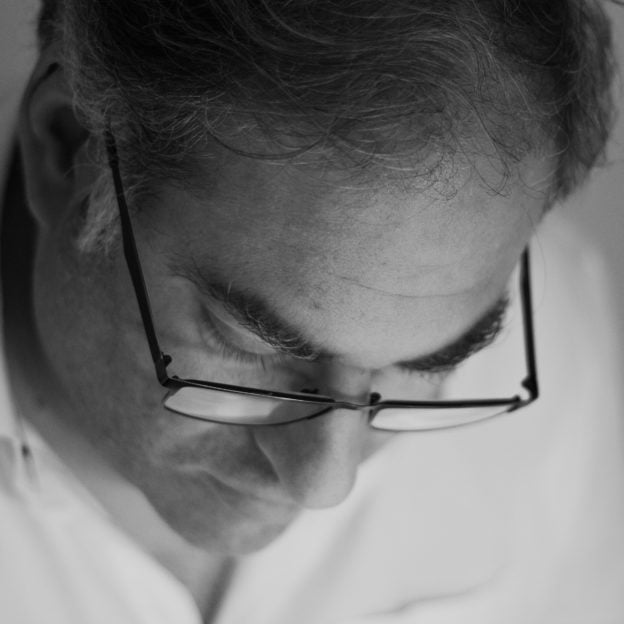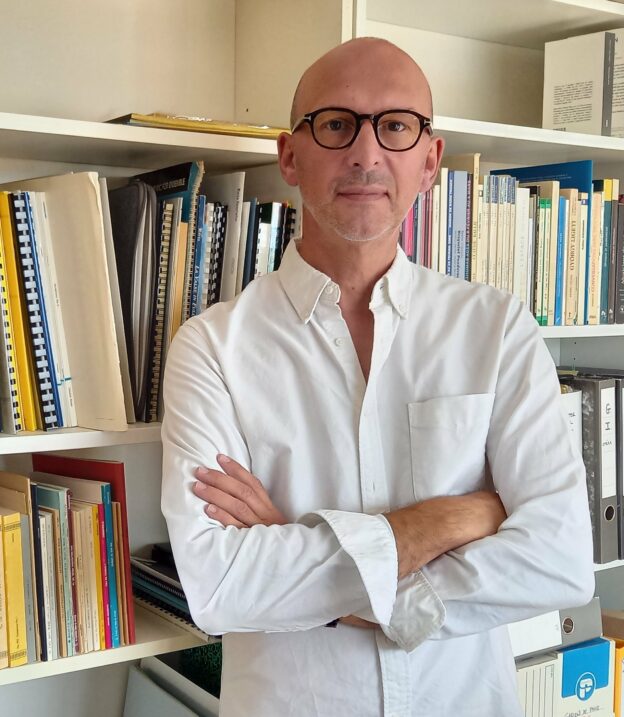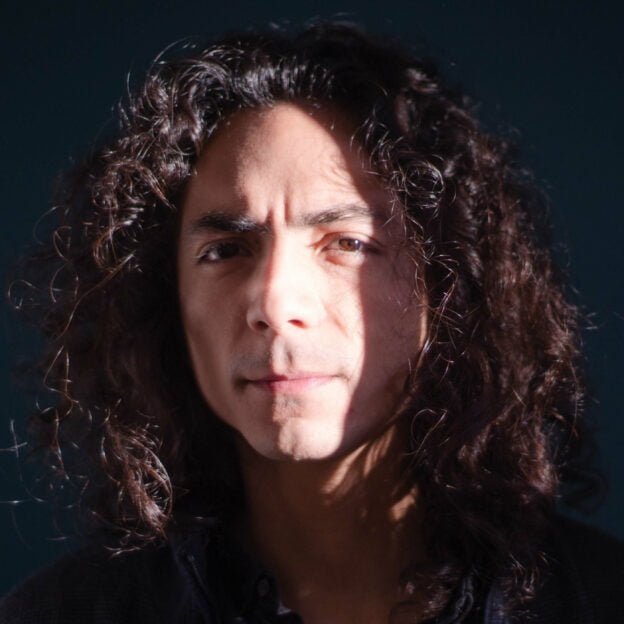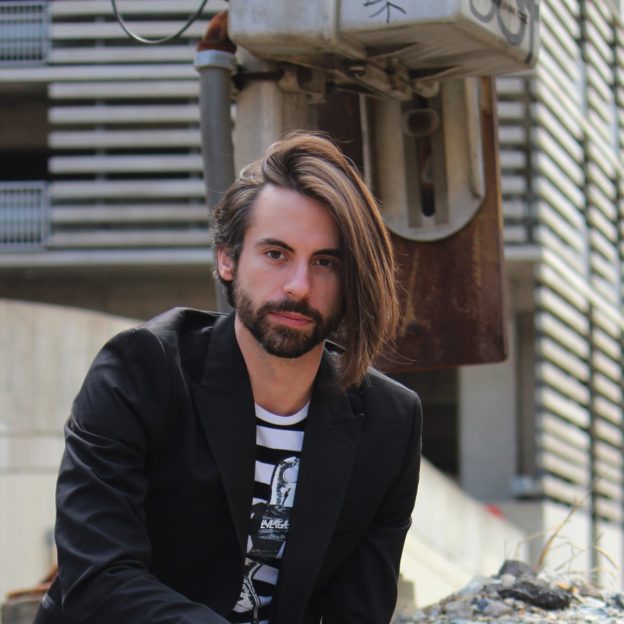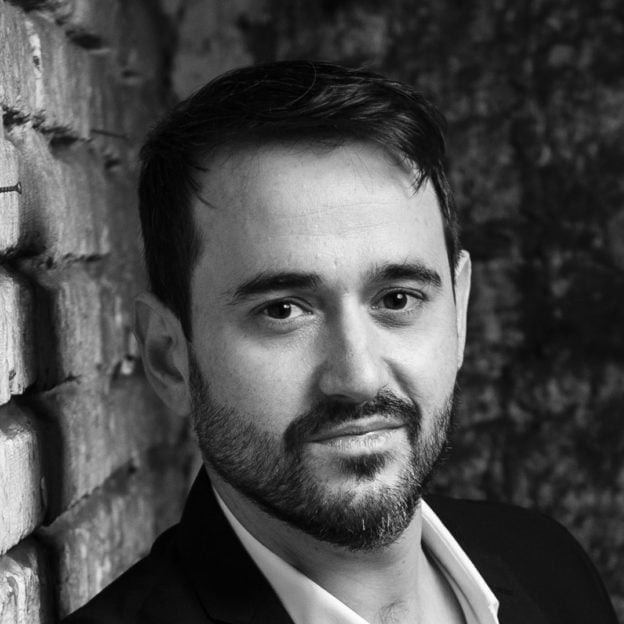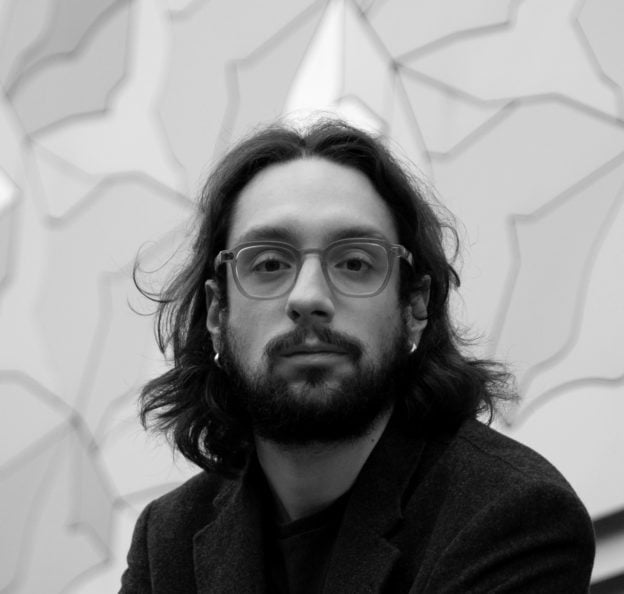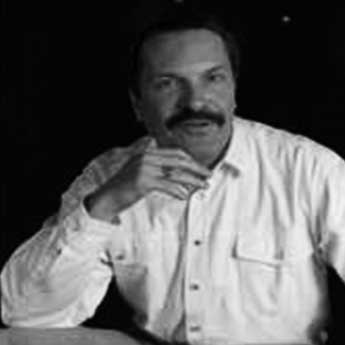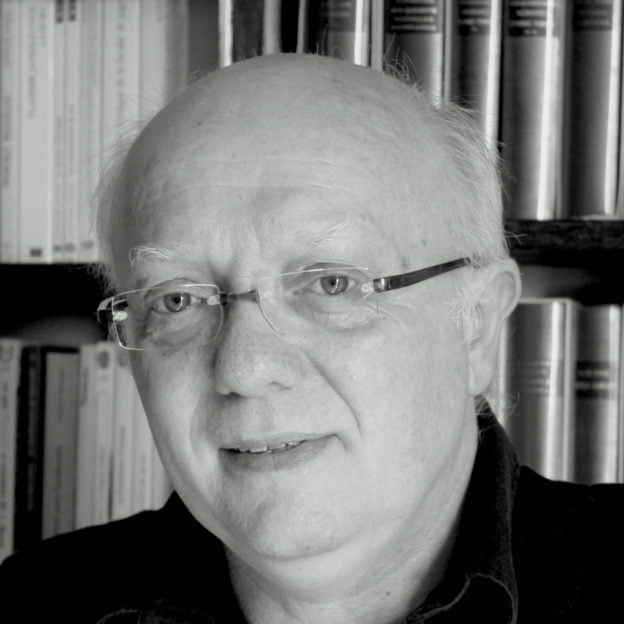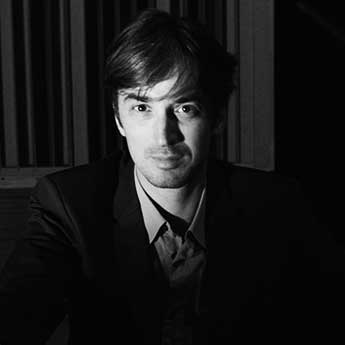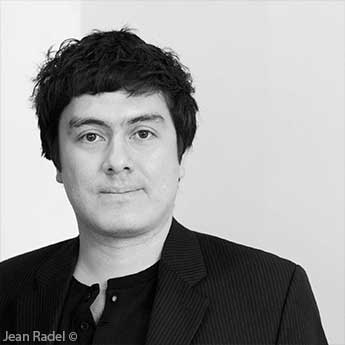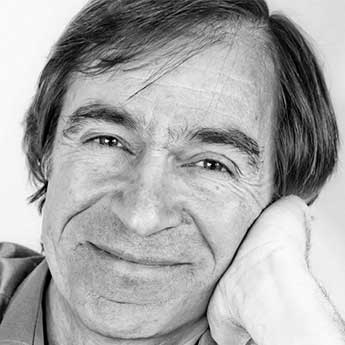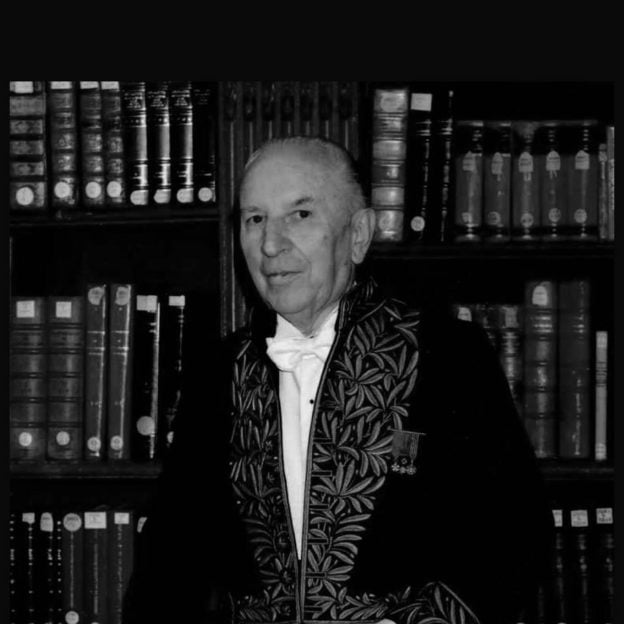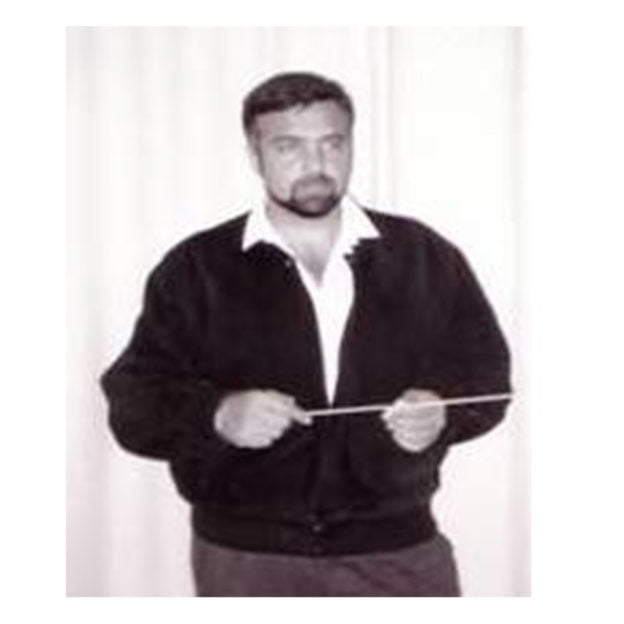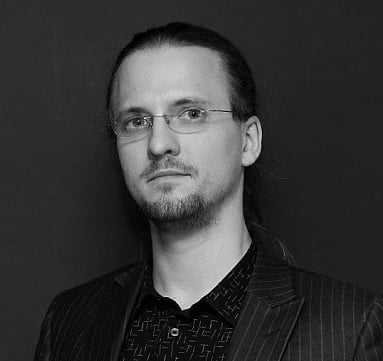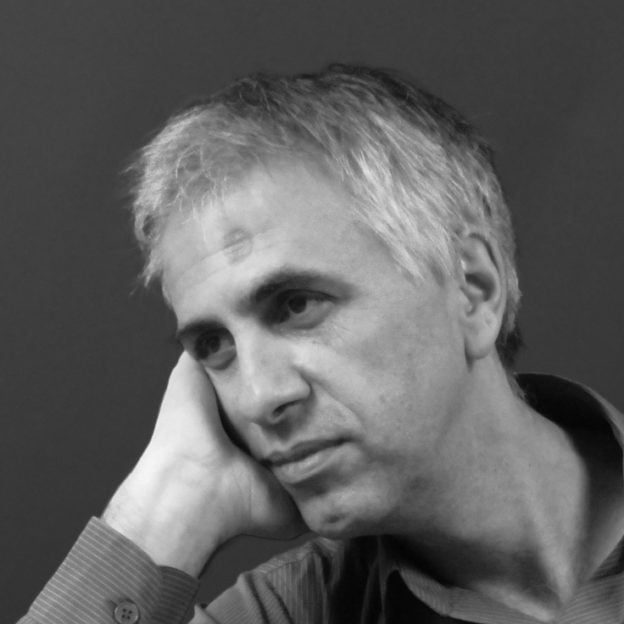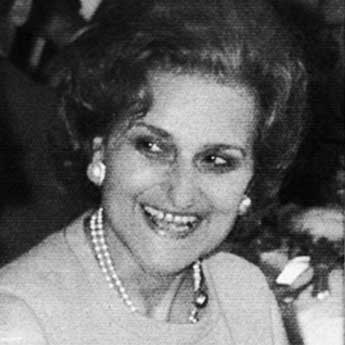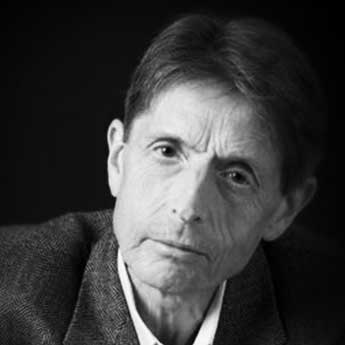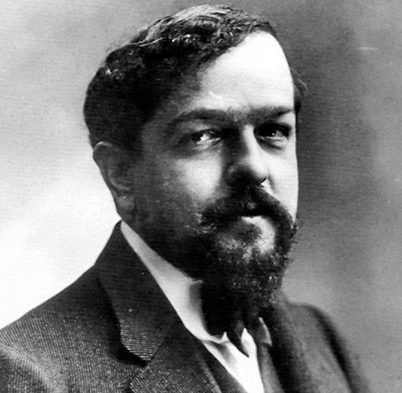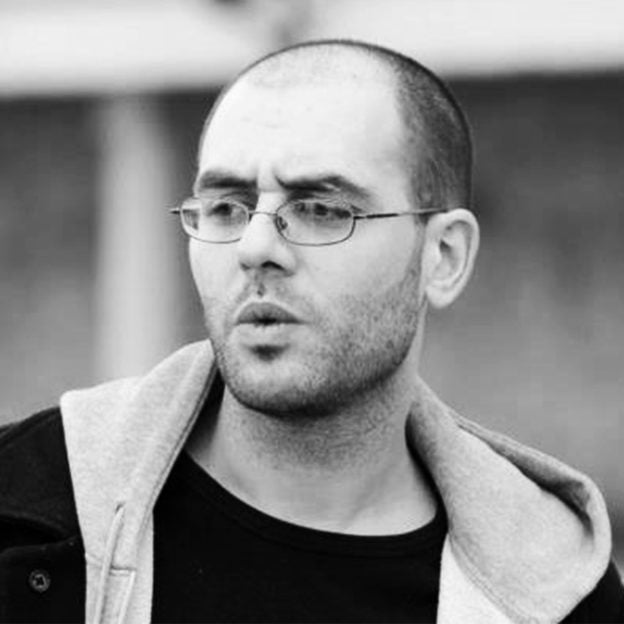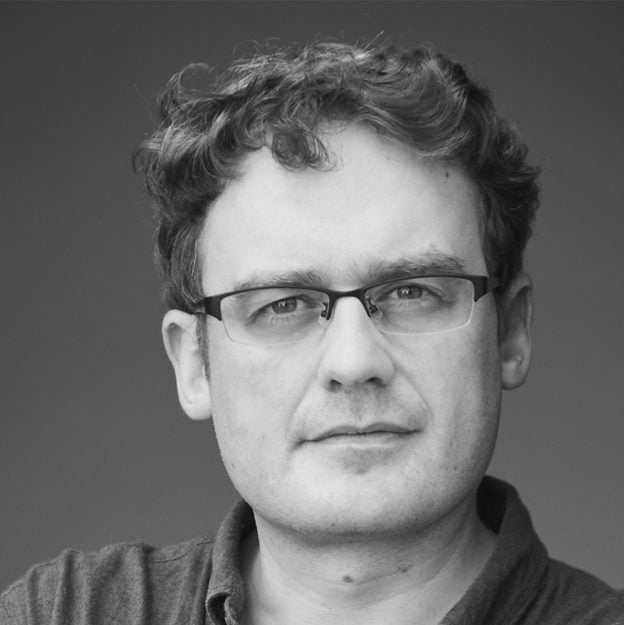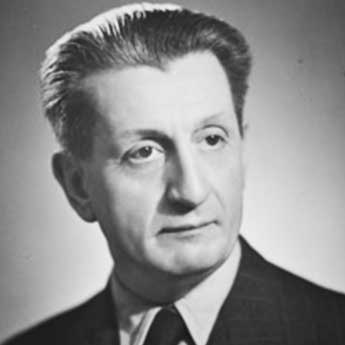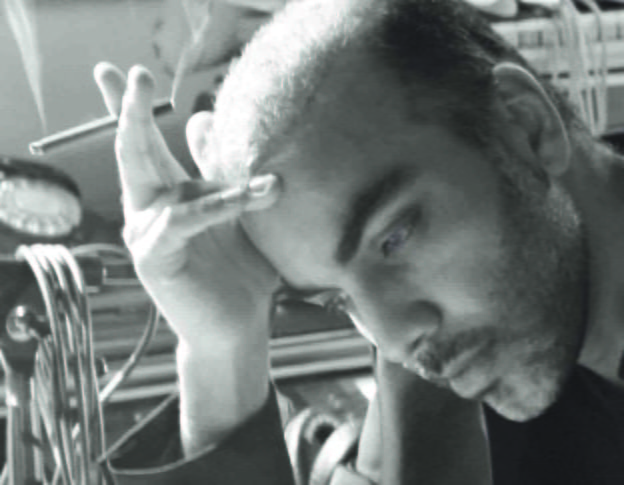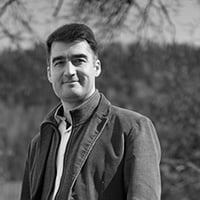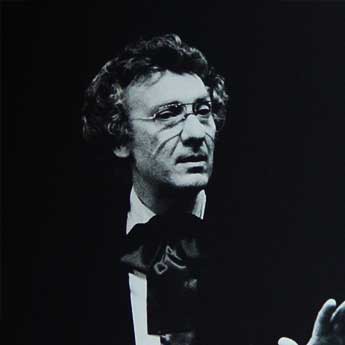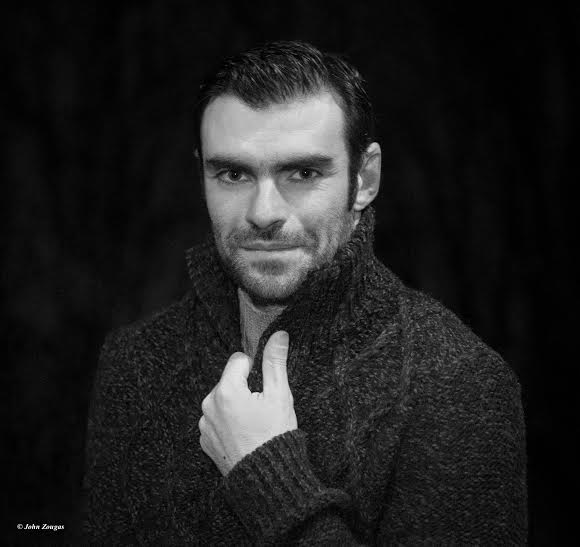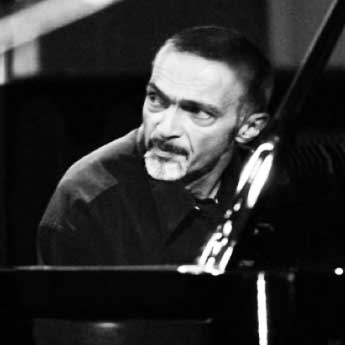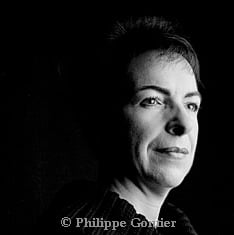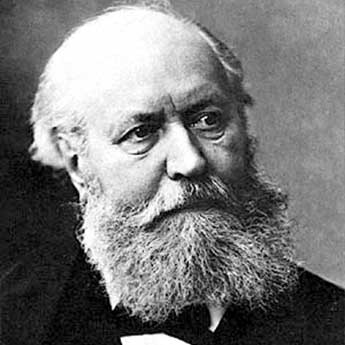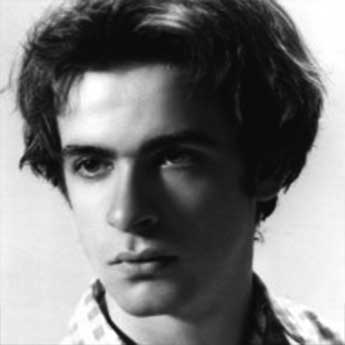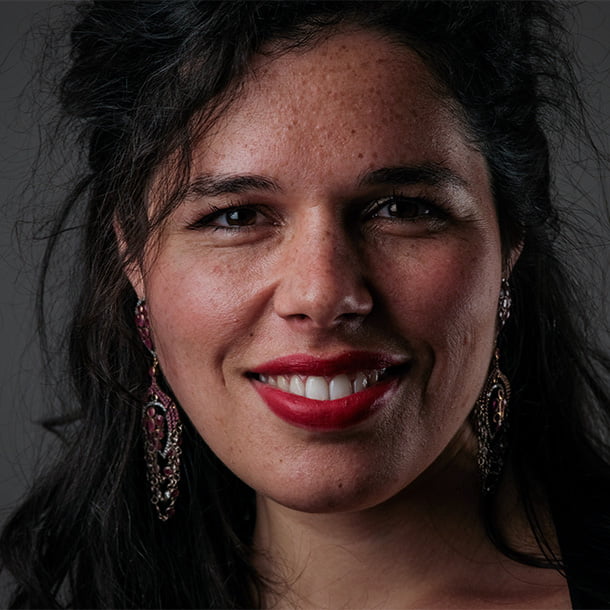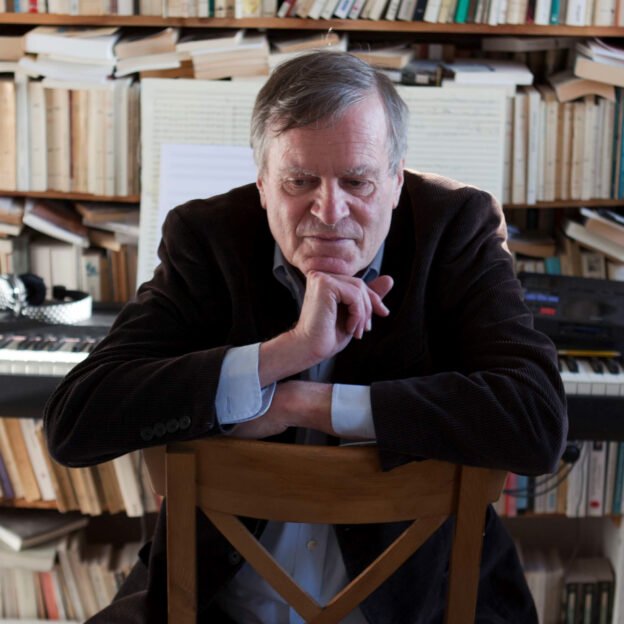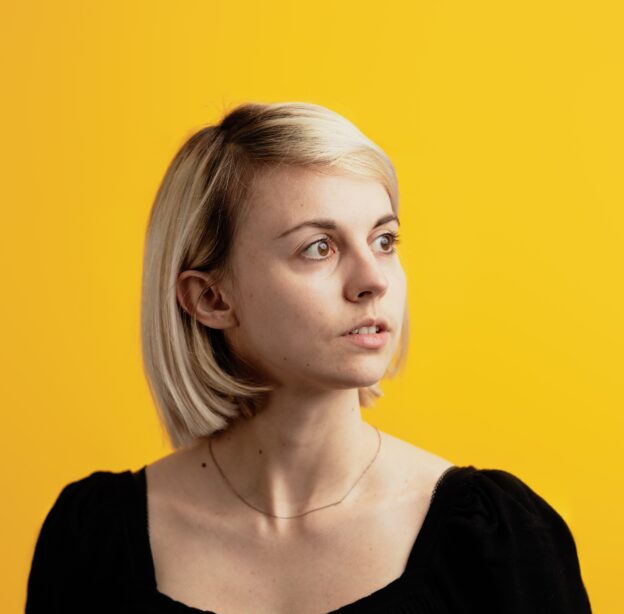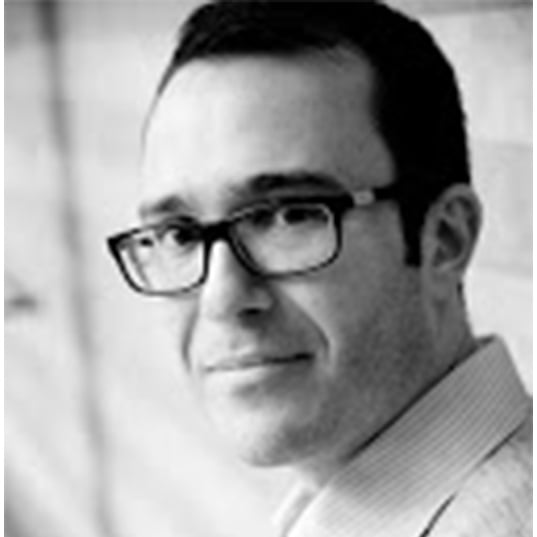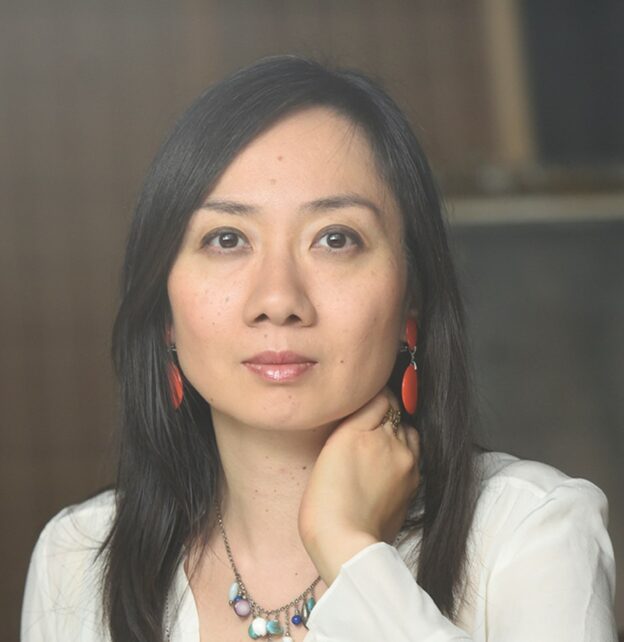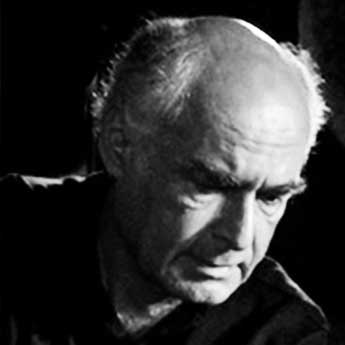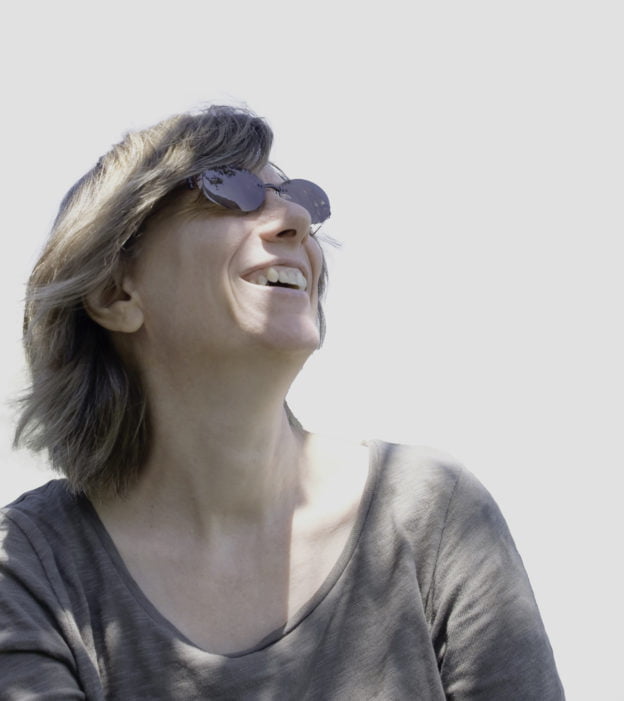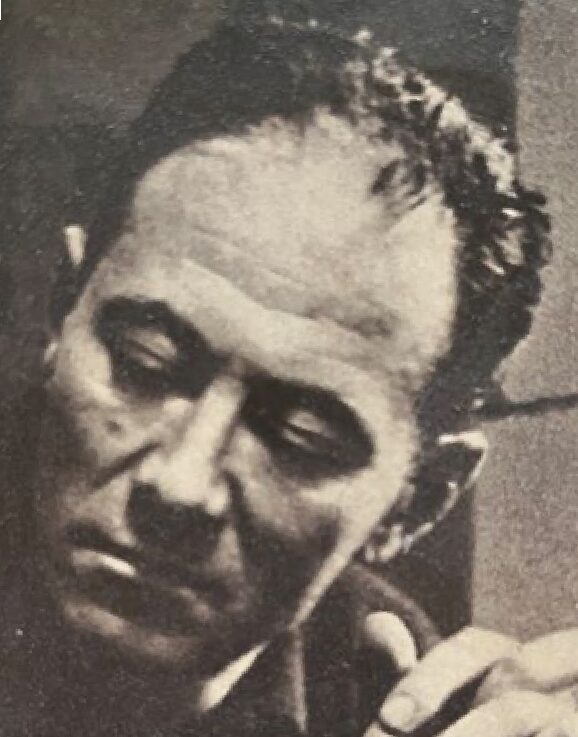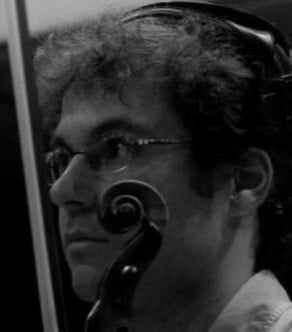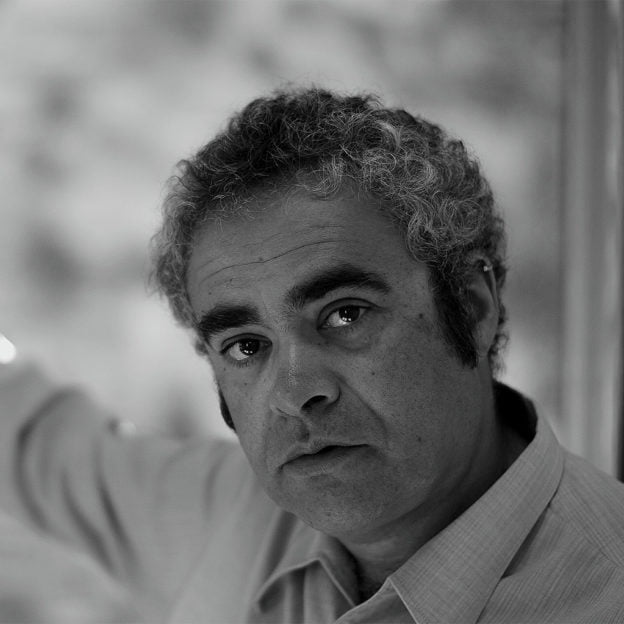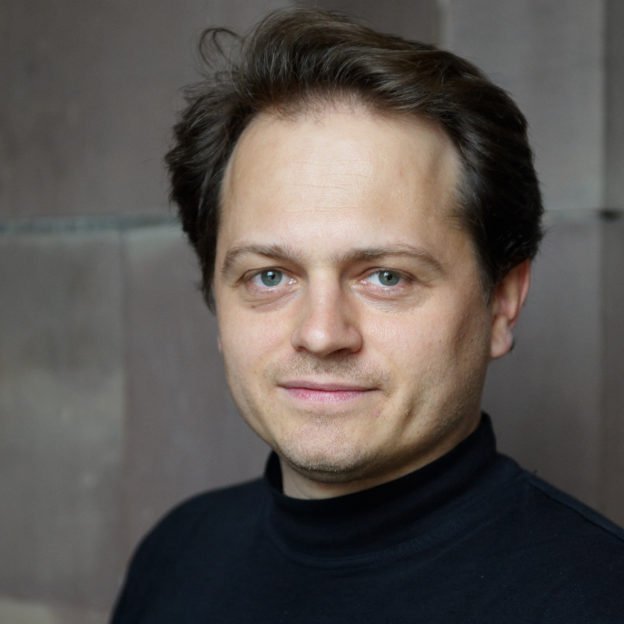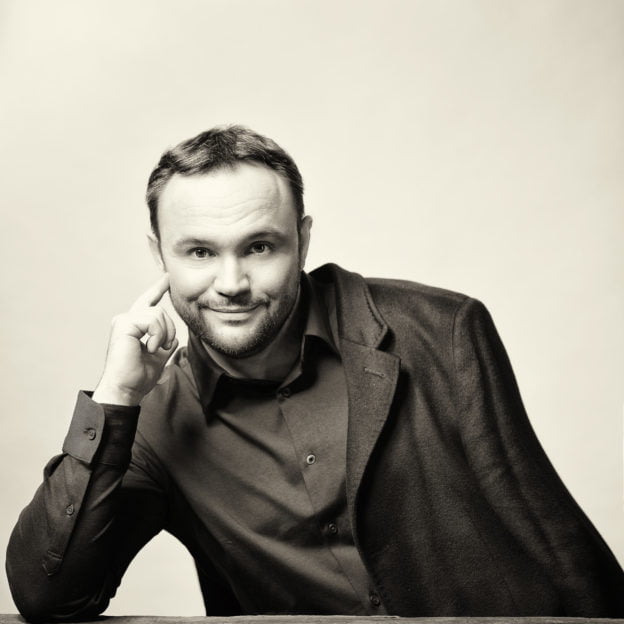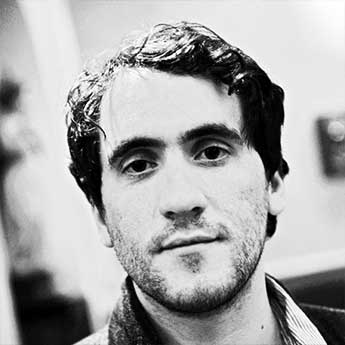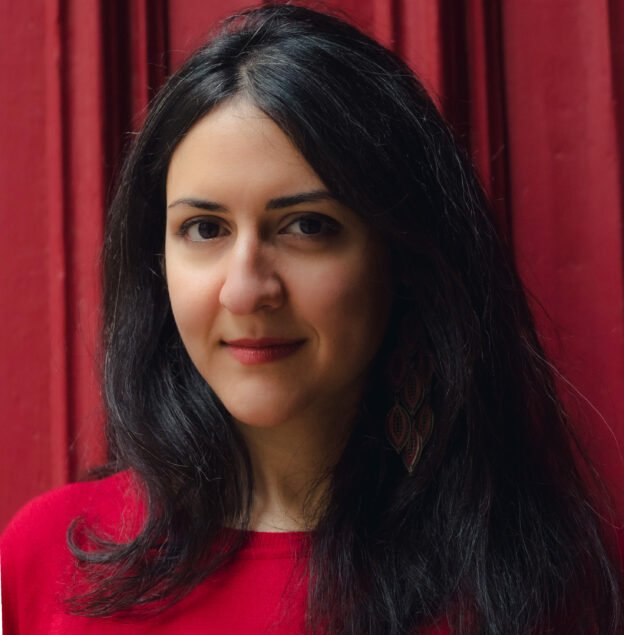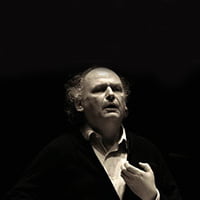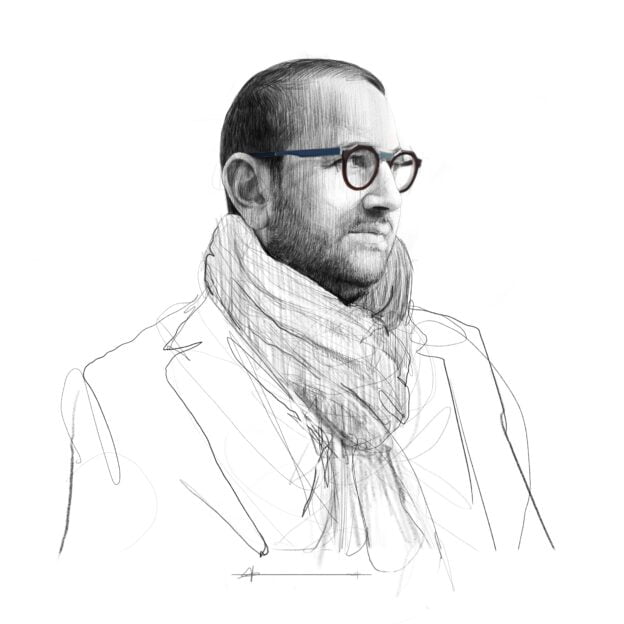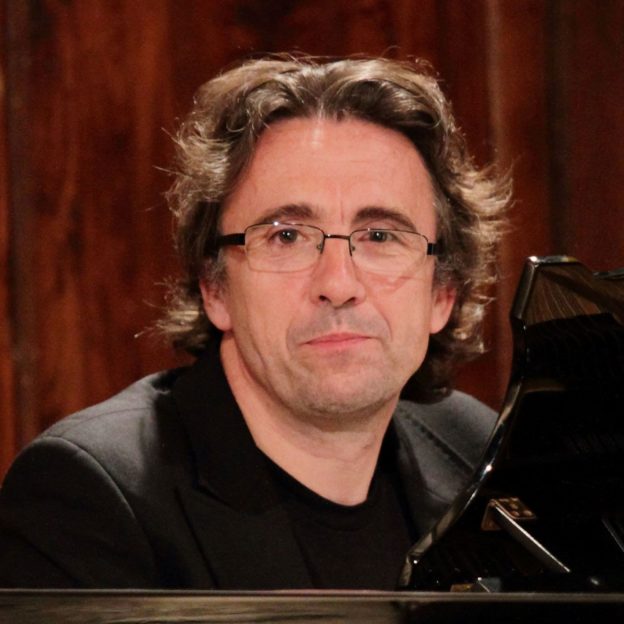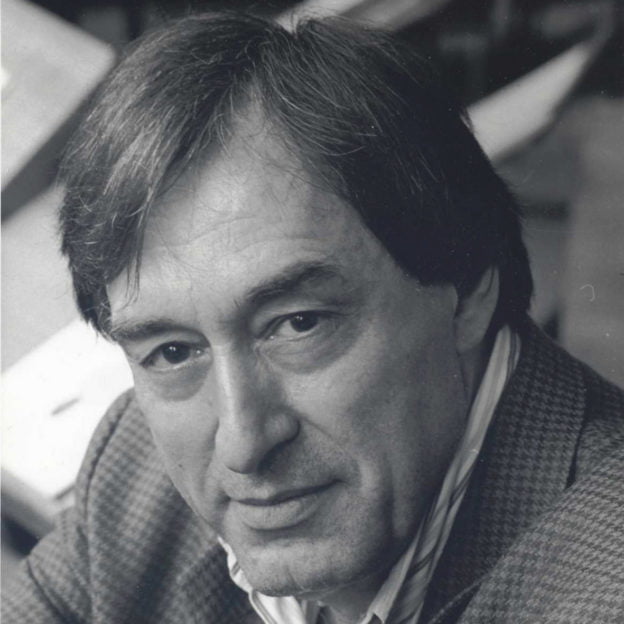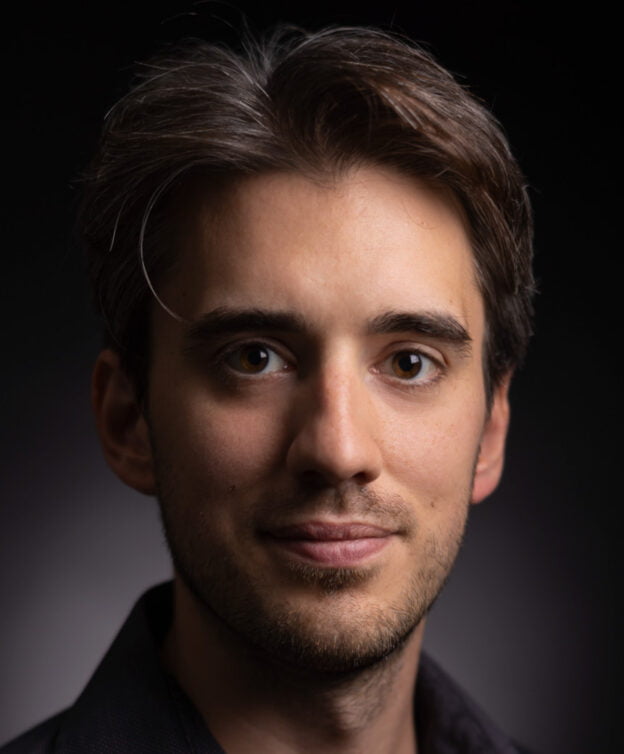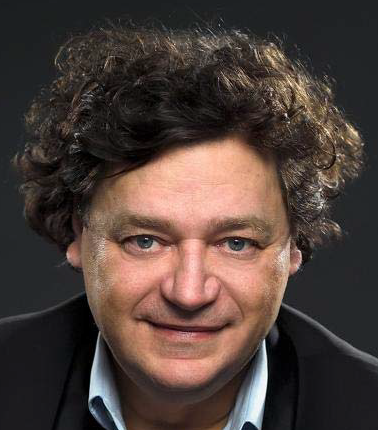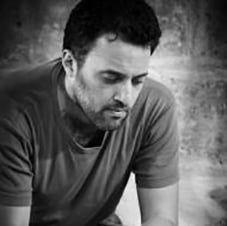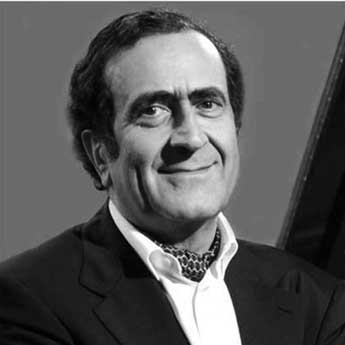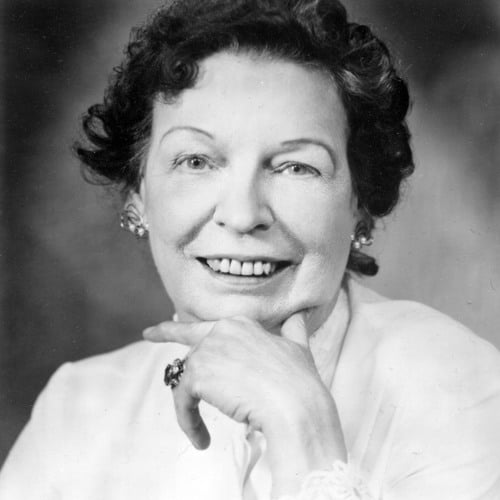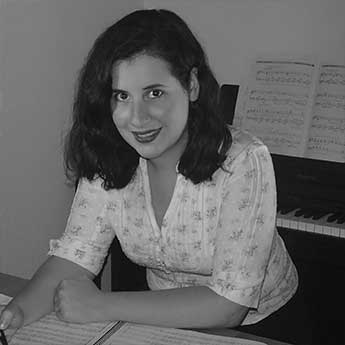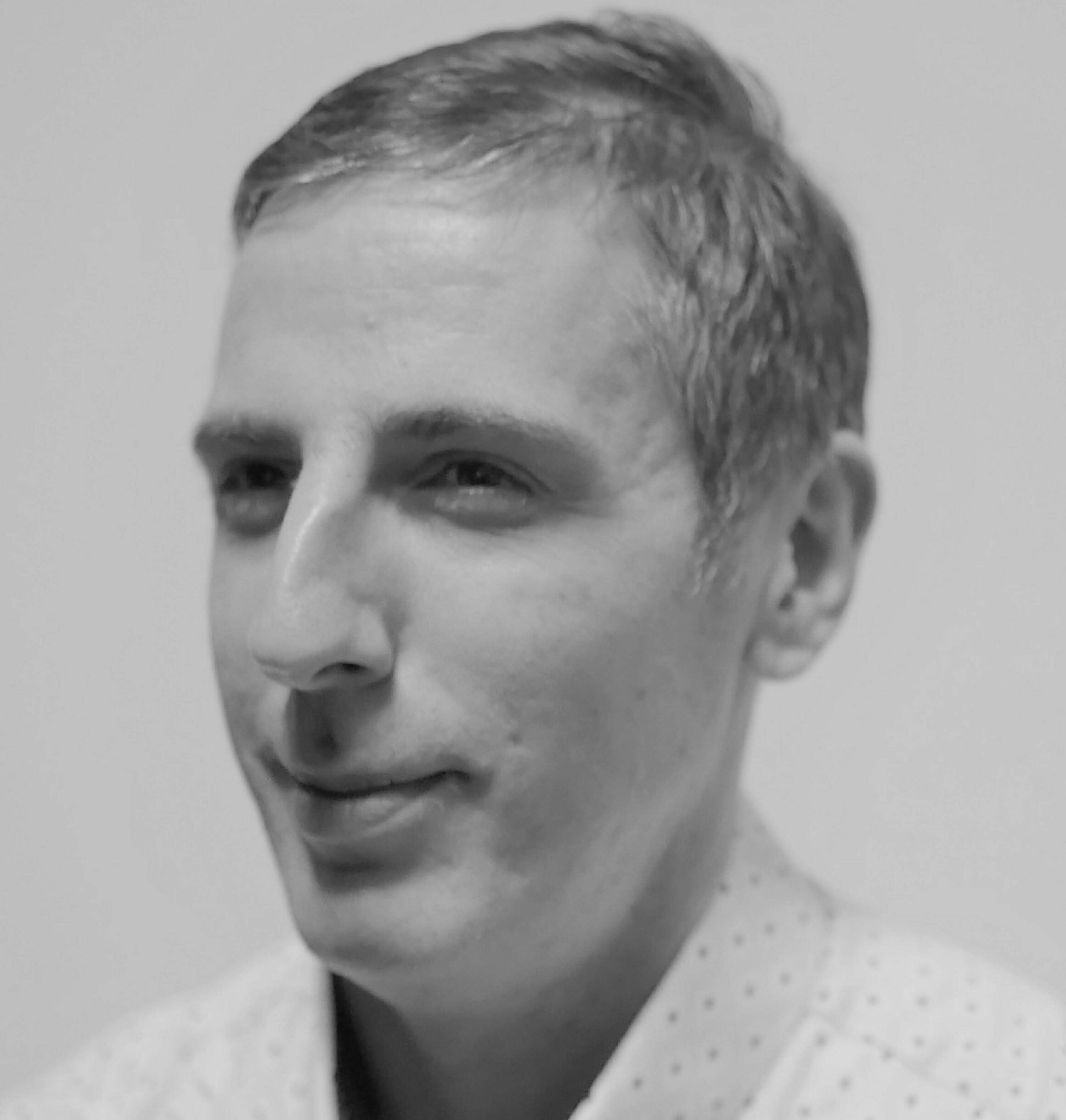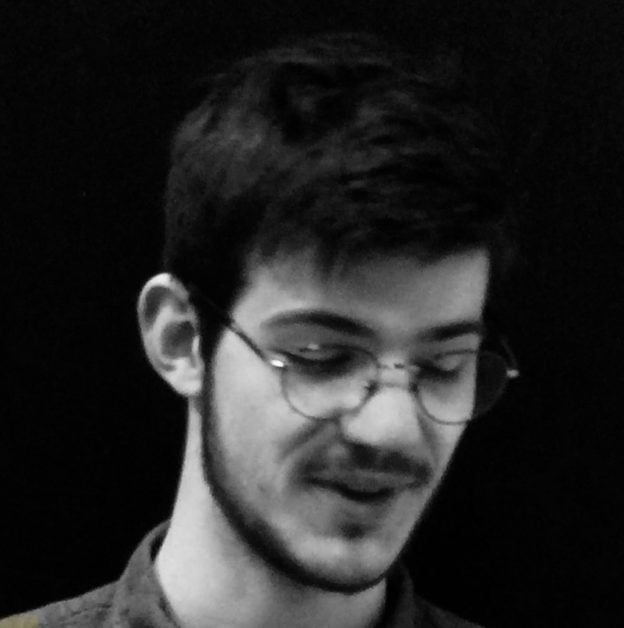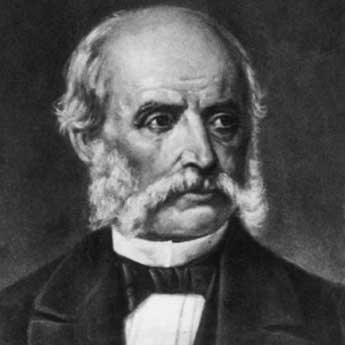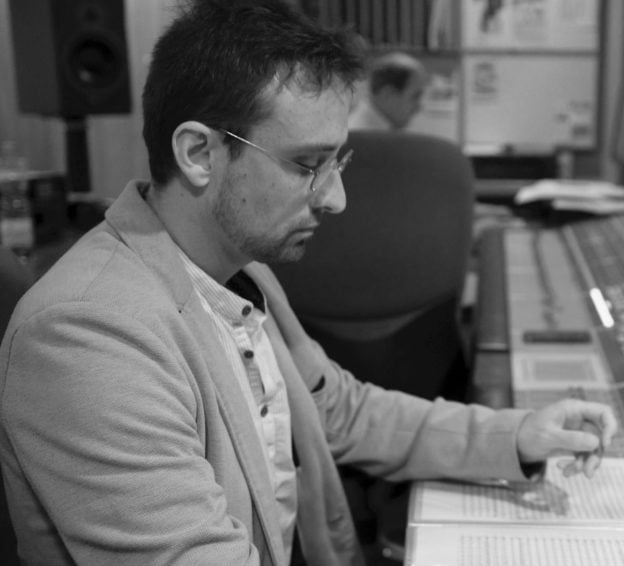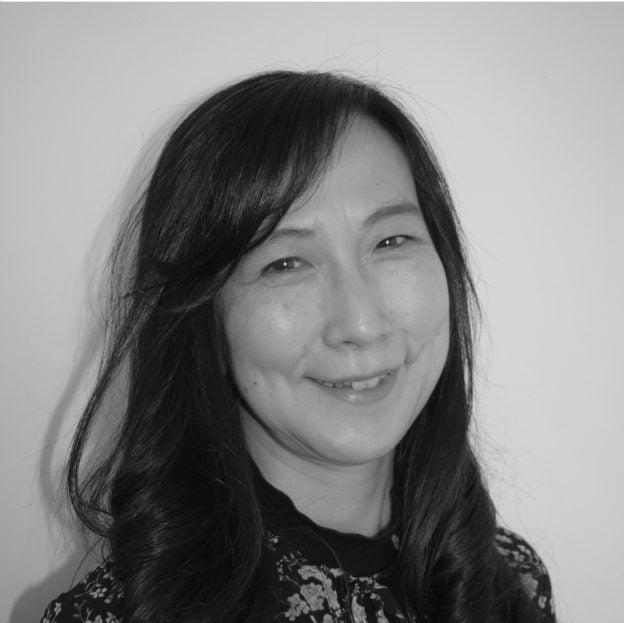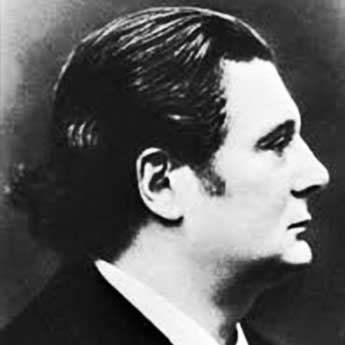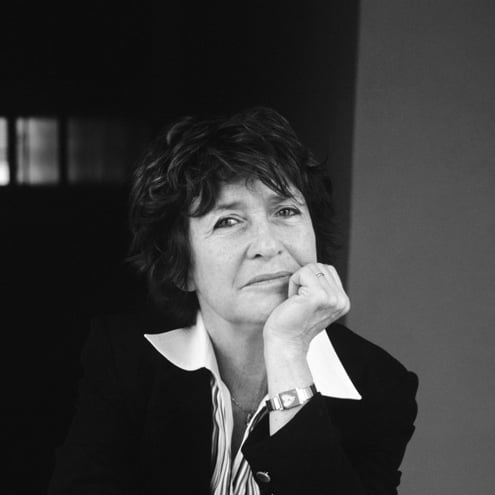
FINZI Graciane
Graciane Finzi was born into a family of musicians. After studying at the conservatory in her native Casablanca, Graciane Finzi entered the CNSMDP, where she won numerous prizes, including those for harmony, counterpoint, fugue and composition.
Graciane Finzi uses instruments, whether orchestral masses or soloists, taking into account their individuality, then unites them in juxtaposed groups, each with its own dynamism, impulses, color and rhythm of life, thus multiplying the real parts.
Compositions
Solos
-
Capriccio flamenco
for violin
-
Les Trois Âges de la Vie
for viola
-
Miniatures
for piano
Duos
-
Confusion des Sentiments et des Idées
for flute & harp
-
Fusion
for two cellos
-
Going up and down
for violin & soprano saxophone (conductor and separate parts)
-
Imitations
for guitar & cello
-
Poursuite entre un Euphonium et un Trombone
for euphonium & trombone
-
Quand vous serez bien vieille
for high voice & 7-string viola da gamba, poem by Pierre de Ronsard
-
Romantic Music
for viola da gamba & pianoforte (conductor and separate parts)
-
Small Events
for double bass & percussion
-
Taquineries
pour flûte à bec alto & clavecin
-
Thriller
for euphonium or saxhorn & piano
-
Und die Zeit vergeht
for piano & viola
-
Winternacht
for piano & violin
Quatuors
-
Petite Suite
for saxophone quartet
-
Siguiriya
for violins, violas, cellos & piano
Quintets
-
Émergence
for piano, harp, accordion, guitar & percussion
Instrumental ensembles
-
Dada
for 3 clarinets, 3 Celtic harps & 5 cellos, teste Hugo Ball
-
Espaces saturés
for string sextet (conductor and separate parts)
-
Espaces saturés
for string sextet
-
Le Pays d’avant naître
for string sextet (conductor and equipment)
-
Le Pays d’avant naître
for string sextet (conductor and equipment)
-
Mémoire oubliée ou l’art du mouvement d’Isadora Duncan
for clarinet, piano & string quartet
-
Mémoire oubliée ou l’art du mouvement d’Isadora Duncan
for clarinet, piano & string quartet (conductor and material)
-
Variations d’intensité
for string ensemble
-
Variations d’intensité
for string ensemble
Musique Symphonique
-
L’Existence du Possible
for symphony orchestra
-
L’Existence du Possible
for symphony orchestra
-
Matière, Espace, Temps
for orchestra
-
Matière, Espace, Temps
for orchestra
-
Ouverture pour une Symphonie
for orchestra
-
Ouverture pour une Symphonie
for orchestra (PO and material)
-
Patchwork
pour quatuor à cordes soliste & orchestre de jeunes
-
Patchwork
for solo string quartet & youth orchestra
Musique Vocale
-
Le Lièvre et la Tortue
for clarinet, cello, piano & children's choir
-
Les Jardins du Possible
for medium voice & piano text by Dominique Sampiero
-
L’Océan sonore
for high voice & piano (poem by Paul Verlaine, Marine)
-
Sirenas
for tenor, clarinet, viola, cello, percussion & piano - text by Leopoldo Lugones
-
Sirenas
for tenor, clarinet, viola, cello, percussion & piano - text by Leopoldo Lugones
-
Une Nuit qu’on entendait la Mer sans la voir
for voice and piano
Musique de Scène
-
La Maison qui ne dormait jamais
for clarinet, viola, cello, accordion & narrator
-
La Maison qui ne dormait jamais
pour clarinette, alto, violoncelle, accordéon & récitant
Biography
Graciane Finzi was born into a family of musicians.
After studying at the conservatory in her native Casablanca, Graciane Finzi entered the CNS-MDP, where she won numerous first prizes, including those for harmony, counterpoint, fugue and composition.
In 1979, she was appointed professor at the CNSM in Paris.
In 1982, she was awarded the Prix de la Promotion Symphonique de la Sacem.
1989, Prix Georges Enesco, and her opera “Pauvre Assassin” was awarded the Prix de la SACD in 1992.
In 2001, she was awarded the SACEM Grand Prix for the body of her work.
In 2006, the Institut de France awarded her the Prix Chartier.
SACD awarded her the Prix Musique in 2013.
Composer in residence at the Orchestre National de Lille from 2001 to 2003, giving birth to
Moments pour grand orchestre conducted by Jean-Claude Casadesus.
Sits on the SACD Board of Directors from 2016 to 2020 and on the SACEM symphonic commission from 2015 to 2020.
2020, the Institut de France awards her the Prix Florent Schmitt.
2020, promotion to Chevalier des Arts et des Lettres
Graciane Finzi’s repertoire comprises over a hundred works and seven operas.
All her works have been commissioned by Radio France, festivals and orchestras.
These include la tombée du jour for voice and orchestra created by José Van Dam, Pauvre assassin created at the Opéra du Rhin to a libretto by Pavel Kohout, le dernier jour de Socrate at the Opéra comique to a libretto by Jean-Claude Carrière, la bas peut- être opera for teenagers and general public with libretto by Emmanuelle Marie, Fräulein Else by the Voce quartet and Juliana Banse, Concerto for piano and orchestra soloist Jean-Claude Pennetier, Errance dans la nuit for cello and orchestra by Gary Hoffman, Univers de lumière text by Jean Audouze narrated by Michel Piccoli, music conducted by Yves Prin, Brume de Sable concerto for percussion by Adrien Perruchon and the Or-chestre Philharmonique de Radio France conducted by Myung-Whun Chung, Scénogra-phies by Edouard Hopper conducted by Claire Gibault narration by Natalie Dessay, Sony music disc, Soleil vert was the subject of 3 concerts at the Gürzenich Orchester in Cologne conducted by François- Xa-vier Roth.
The greatest performers and orchestras in France and abroad have premiered his works (Paris, New York, London, Rome, Moscow, Helsinki, Vancouver, Nuremberg, Buenos Aires, Bremen, Rio de Janeiro, Barcelona, Santiago de Compostela, Berlin, Madrid, Irkutsk, Santia-go du Chili, Hamburg, Warsaw, Köln…).
News
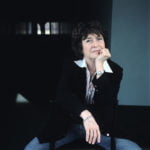
(French) Graciane Finzi – Chevalier de l’ordre des Arts et des Lettres
Nous avons le plaisir de vous annoncer que Graciane Finzi et Philippe Schœller sont nommés au grade de Chevalier de l’ordre des Arts et des Lettres.

(French) Graciane Finzi
Création mondiale de La Maison qui ne dormait jamais pour clarinette, alto, violoncelle, accordéon & récitant ( texte de Olivier Cohen ) avec l’Ensemble Calliopée : Karine Lethiec, alto et direction artistique / Carjez Gerretsen, clarinette […]

(French) Création Winternacht – Graciane Finzi – 29 janvier 2019
Mardi 29 janvier 2019 à 20h45 – Église de Lognes 77 Winternacht pour violon (Agnès Pyka) et piano (Laurent Wagschal) http://www.lafermedubuisson.com/programme/brahms-aujourdhui http://www.desequilibres.fr/brahms-aujourdhui/
Events
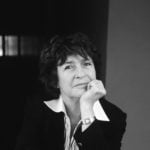
24
Aug
2024
Graciane Finzi
Trois Partitas (pour 2 cellos) Île d’Arran, Castle Drive Field, Ecosse- 2 pmGary Hoffman – celloLydia Shelley – cello read more

26
Jul
2024
Graciane Finzi
Word premiere Partita n°3 (pour 2 cellos) Église Saint-Pierre, Venosc, 8:30pmGary Hoffman – celloLydia Shelley – cello read more

25
Jul
2024
Graciane Finzi
Word premiere Partita n°2 (pour 2 cellos) Chapelle Saint-Sauveur, Venosc, 4 pmGary Hoffman – celloLydia Shelley – cello read more

24
Jul
2024
Graciane Finzi
Word premiere Partita n°1 (for 2 cellos) Église Saint-Pierre, Venosc, 8:30 pmGary Hoffman – celloLydia Shelley – cello read more

19
Jul
2024
Graciane Finzi
Le Pays d’avant naître et Espaces saturés (for string sextet) Église de l’Ile aux Moines – 8 pmEnsemble Des EquilibresAgnès Pyka – violinJacques Gandard – violinJean Sautereau – violaAlphonse Dervieux […]
